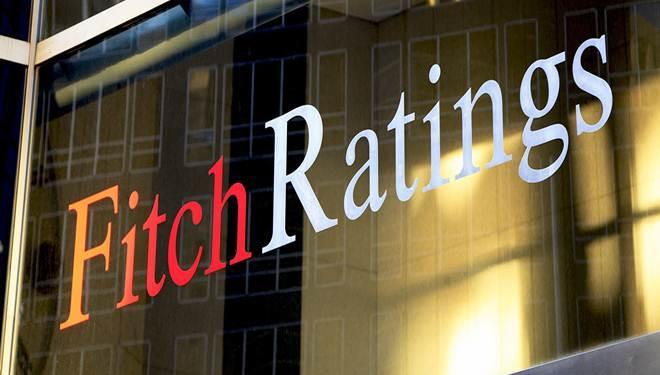Fitch Predicts Liquidity Challenges for Ghana Despite Debt Restructuring
Monday, 25 November 2024 | Ghana

Fitch Ratings has projected that Ghana will face significant liquidity pressures in the years ahead, despite progress in restructuring much of its debt. The international credit rating agency noted that Ghana’s interest rate-to-revenue ratio would remain one of the highest among the sovereigns it rates, signaling persistent fiscal challenges.
According to Fitch, the interest rate-to-revenue ratio is expected to reach 29% in 2025 and climb to 30% in 2026. These levels are nearly double the average for emerging markets, which stands at 16%, highlighting the gravity of the financial strain Ghana faces.
Thomas Garreau, Associate Director for Europe, Middle East, and Africa Sovereign Ratings at Fitch, emphasized the need for robust measures to address Ghana’s fiscal challenges. “Ghana will still face significant liquidity pressures. The interest rate revenue ratio will remain very elevated, one of the highest at approximately 30%. This represents quite significant liquidity pressures,” he explained.
Garreau acknowledged the country’s efforts in fiscal consolidation, pointing to a 4.6-percentage-point primary fiscal adjustment achieved between 2022 and 2024. However, he cautioned that more drastic actions would be needed to stabilize Ghana’s fiscal economy.
Fitch has indicated plans to lift Ghana out of sovereign default by July 2025, contingent on the country completing its external debt restructuring by June of that year. The restructuring process, which has been ongoing, is part of broader efforts to secure fiscal sustainability and restore market confidence.
Ghana’s economic challenges stem from a combination of high public debt, soaring interest payments, and constrained revenue generation. These factors have left the government grappling with limited fiscal space to fund critical development projects or respond to economic shocks.
The anticipated liquidity pressures, coupled with the high interest rate burden, underscore the importance of sustained fiscal reforms and strategic debt management to avert further economic distress. As the government works toward completing its debt restructuring and implementing fiscal consolidation measures, the coming years will be crucial in determining the trajectory of Ghana’s economic recovery.
According to Fitch, the interest rate-to-revenue ratio is expected to reach 29% in 2025 and climb to 30% in 2026. These levels are nearly double the average for emerging markets, which stands at 16%, highlighting the gravity of the financial strain Ghana faces.
Thomas Garreau, Associate Director for Europe, Middle East, and Africa Sovereign Ratings at Fitch, emphasized the need for robust measures to address Ghana’s fiscal challenges. “Ghana will still face significant liquidity pressures. The interest rate revenue ratio will remain very elevated, one of the highest at approximately 30%. This represents quite significant liquidity pressures,” he explained.
Garreau acknowledged the country’s efforts in fiscal consolidation, pointing to a 4.6-percentage-point primary fiscal adjustment achieved between 2022 and 2024. However, he cautioned that more drastic actions would be needed to stabilize Ghana’s fiscal economy.
Fitch has indicated plans to lift Ghana out of sovereign default by July 2025, contingent on the country completing its external debt restructuring by June of that year. The restructuring process, which has been ongoing, is part of broader efforts to secure fiscal sustainability and restore market confidence.
Ghana’s economic challenges stem from a combination of high public debt, soaring interest payments, and constrained revenue generation. These factors have left the government grappling with limited fiscal space to fund critical development projects or respond to economic shocks.
The anticipated liquidity pressures, coupled with the high interest rate burden, underscore the importance of sustained fiscal reforms and strategic debt management to avert further economic distress. As the government works toward completing its debt restructuring and implementing fiscal consolidation measures, the coming years will be crucial in determining the trajectory of Ghana’s economic recovery.


 How to resolve AdBlock issue?
How to resolve AdBlock issue?